Healthcare and Pharma Marketing Strategy
I recently had a fascinating discussion with Dr. Jennifer, a pharmaceutical marketing director in Boston, who shared her company's journey navigating the complex landscape of healthcare marketing. She described how their traditional approach of focusing primarily on healthcare provider outreach was becoming increasingly insufficient as patients became more informed and engaged in their healthcare decisions. The transformation began when Dr. Jennifer's team discovered that 84% of their target patient population was researching treatment options online before consulting with physicians, yet regulatory constraints limited their ability to provide detailed medical information directly to consumers. By developing a comprehensive patient education platform that provided medically accurate, regulation-compliant information while supporting physician-patient conversations, they achieved a 52% increase in treatment adherence and significantly improved patient outcomes. Dr. Jennifer's experience perfectly illustrates the delicate balance required in healthcare marketing, where regulatory compliance must coexist with effective patient education and engagement strategies.
This conversation highlighted the unique challenges facing healthcare and pharmaceutical marketers who must navigate strict regulatory frameworks while effectively communicating with increasingly informed and engaged patients and healthcare professionals.
Introduction
Healthcare and pharmaceutical marketing operates within one of the most heavily regulated industry environments, where patient safety considerations, ethical constraints, and complex stakeholder relationships create unprecedented marketing challenges. The sector requires sophisticated approaches that balance commercial objectives with patient welfare and professional medical standards.
Research from the Healthcare Marketing Association indicates that 72% of patients research health conditions and treatment options online before consulting healthcare providers. Meanwhile, studies show that healthcare professionals spend an average of only 2.3 minutes reviewing pharmaceutical marketing materials, demanding highly focused and relevant messaging strategies.
The three critical pillars defining success in healthcare marketing are navigating heavy regulatory requirements with ethical constraints that govern all marketing activities, prioritizing patient and healthcare professional education as the foundation of effective marketing strategies, and leveraging the increasing role of digital health platforms and mobile applications in patient engagement.
1. Heavily Regulated with Ethical Constraints
Healthcare marketing operates under stringent regulatory frameworks designed to protect patient safety and ensure ethical marketing practices. These regulations significantly influence messaging strategies, communication channels, and promotional activities across all healthcare marketing initiatives.
Regulatory compliance in healthcare marketing extends beyond legal requirements to encompass ethical responsibilities toward patient welfare and professional medical standards. Marketing messages must present balanced information about benefits and risks, avoid misleading claims, and support informed decision-making rather than influence inappropriate treatment choices.
The complexity of healthcare regulations varies across geographic markets, therapeutic areas, and target audiences. Direct-to-consumer marketing faces different requirements than healthcare professional marketing, while prescription drug promotion involves more stringent oversight than over-the-counter product marketing.
Ethical constraints in healthcare marketing recognize the vulnerability of patient populations and the critical importance of accurate medical information. Marketing strategies must prioritize patient welfare over commercial objectives, ensuring that promotional activities support rather than compromise appropriate medical care.
Pre-approval requirements for healthcare marketing materials create additional complexity and extended timelines for campaign development. Regulatory review processes can take weeks or months, requiring careful planning and coordination between marketing, medical, and regulatory teams.
The consequences of regulatory violations in healthcare marketing include substantial financial penalties, product withdrawal requirements, and severe reputational damage that can impact patient trust and physician relationships. These risks necessitate comprehensive compliance frameworks and ongoing monitoring systems.
International healthcare marketing faces additional complexity due to varying regulatory requirements across different countries and regions. Global pharmaceutical companies must develop marketing strategies that comply with multiple regulatory frameworks while maintaining consistent brand messaging.
Professional medical associations and industry organizations provide additional ethical guidelines that influence healthcare marketing practices beyond regulatory requirements. These guidelines reflect professional standards and patient advocacy principles that shape acceptable marketing approaches.
2. Educating Patients and Healthcare Professionals Is Key
The second pillar emphasizes education as the foundation of effective healthcare marketing, recognizing that informed patients and healthcare professionals make better treatment decisions that ultimately benefit all stakeholders.
Patient education in healthcare marketing serves multiple purposes including improved treatment adherence, better health outcomes, and enhanced patient satisfaction. Educational content helps patients understand their conditions, treatment options, and the importance of following prescribed therapy regimens.
Healthcare professional education focuses on clinical evidence, treatment guidelines, and practical implementation strategies that support optimal patient care. Medical professionals require detailed scientific information, comparative effectiveness data, and practical guidance for incorporating new treatments into clinical practice.
The format and distribution of educational content must align with audience preferences and professional requirements. Healthcare professionals prefer peer-reviewed publications, clinical data summaries, and professional conference presentations. Patients respond better to accessible language, visual aids, and peer support resources.
Digital platforms have transformed healthcare education by enabling interactive learning experiences, personalized content delivery, and ongoing support resources. Online platforms can provide updated information, answer common questions, and connect patients with healthcare resources and support communities.
Medical accuracy and scientific integrity become critical factors in healthcare educational marketing because inaccurate information can compromise patient safety and professional credibility. All educational content requires medical review and validation by qualified healthcare professionals.
The relationship between education and commercial promotion requires careful balance in healthcare marketing. Educational content must provide genuine value and accurate information while supporting appropriate product awareness and consideration.
Continuing medical education programs provide opportunities for pharmaceutical companies to support healthcare professional learning while building relationships and product awareness. These programs must meet professional education standards while providing valuable clinical information.
3. Increasing Role of Digital Health and Apps
The third pillar recognizes the growing importance of digital health technologies and mobile applications in patient engagement and healthcare delivery, creating new opportunities and challenges for healthcare marketing.
Digital health platforms enable personalized patient engagement through mobile applications, wearable devices, and telemedicine services. These platforms provide opportunities for ongoing patient support, medication adherence monitoring, and health outcome tracking that extend beyond traditional healthcare marketing approaches.
Patient engagement through digital platforms requires careful attention to privacy protection and data security regulations. Healthcare marketing through digital channels must comply with patient privacy laws while providing valuable services and information to patients.
Mobile health applications serve multiple functions in healthcare marketing including patient education, medication reminders, symptom tracking, and communication with healthcare providers. These applications can improve treatment adherence while providing valuable data about patient experiences and outcomes.
The integration of digital health technologies with traditional healthcare marketing creates opportunities for comprehensive patient support programs that address medical, educational, and lifestyle factors influencing health outcomes.
Healthcare professionals increasingly use digital platforms for clinical decision support, patient monitoring, and professional education. Marketing strategies must consider how digital tools can support healthcare professional workflows while providing relevant product information.
Artificial intelligence and machine learning technologies enable personalized healthcare marketing approaches that adapt to individual patient needs and preferences. These technologies can identify optimal timing for educational content delivery and personalized treatment recommendations.
Telemedicine platforms create new touchpoints for patient-provider interactions and opportunities for healthcare marketing integration. These platforms can facilitate access to educational resources and support services while maintaining appropriate clinical boundaries.
Data analytics from digital health platforms provide insights into patient behavior, treatment adherence, and health outcomes that inform marketing strategy development and measure program effectiveness.
Case Study: Pfizer's Digital Patient Engagement Platform
Pfizer demonstrates excellence in healthcare marketing through their comprehensive digital patient engagement approach that exemplifies all three critical pillars while achieving superior patient outcomes and commercial success.
Pfizer addresses regulatory and ethical constraints through their rigorous medical review processes and commitment to patient safety in all marketing activities. Their patient education materials undergo extensive medical and regulatory review to ensure accuracy and compliance. They maintain clear separation between educational content and promotional messaging while supporting informed patient-physician discussions.
The company prioritizes education through their comprehensive patient support programs that provide condition-specific information, treatment guidance, and ongoing support resources. Their healthcare professional education includes clinical evidence summaries, treatment algorithms, and practice management tools that support optimal patient care. They invest heavily in medical education grants and continuing education programs that advance clinical knowledge.
Pfizer's digital health strategy includes mobile applications for specific therapeutic areas that provide medication reminders, symptom tracking, and educational resources. Their digital platforms integrate with healthcare provider systems to support coordinated patient care while maintaining privacy protection. They use data analytics to personalize patient support and identify opportunities for improved treatment adherence.
The results demonstrate the effectiveness of their integrated approach. Pfizer's patient support programs consistently achieve treatment adherence rates 15-25% higher than industry averages. Their healthcare professional education programs reach over 200,000 medical professionals annually while maintaining high satisfaction scores. Patient satisfaction with their digital health tools exceeds 85%, while clinical outcomes for supported patients show significant improvements compared to standard care.
Pfizer's success illustrates how pharmaceutical companies can navigate complex regulatory environments while effectively supporting patient education and engagement through innovative digital health approaches.
Conclusion
Healthcare marketing success requires sophisticated understanding of regulatory requirements, ethical responsibilities, and the critical importance of patient and healthcare professional education. Companies that prioritize patient welfare while effectively leveraging digital health technologies achieve superior outcomes for all stakeholders.
The evolution toward patient-centered healthcare creates new opportunities for marketing strategies that support improved health outcomes while maintaining commercial viability. Digital health technologies enable scalable patient education and engagement while providing valuable insights for continued strategy refinement.
Call to Action
Healthcare and pharmaceutical leaders should evaluate their current marketing strategies against these three critical pillars. Ensure comprehensive regulatory compliance frameworks that exceed minimum requirements while supporting effective patient and healthcare professional communication. Invest in educational content development capabilities that provide genuine clinical value and support improved patient outcomes. Most importantly, develop digital health strategies that leverage technology to enhance patient engagement and support while maintaining strict privacy protection and regulatory compliance standards.
Featured Blogs
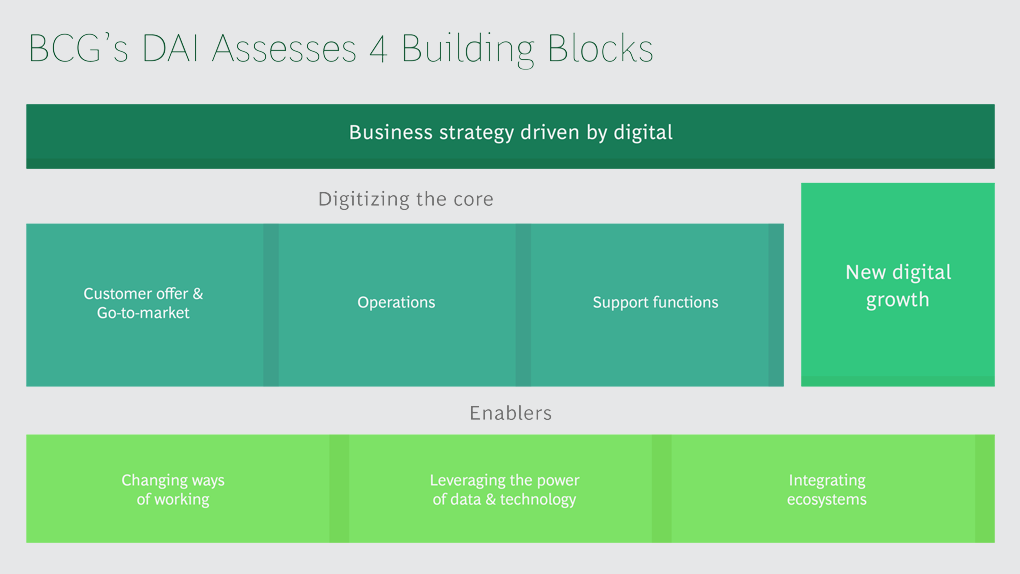
BCG Digital Acceleration Index
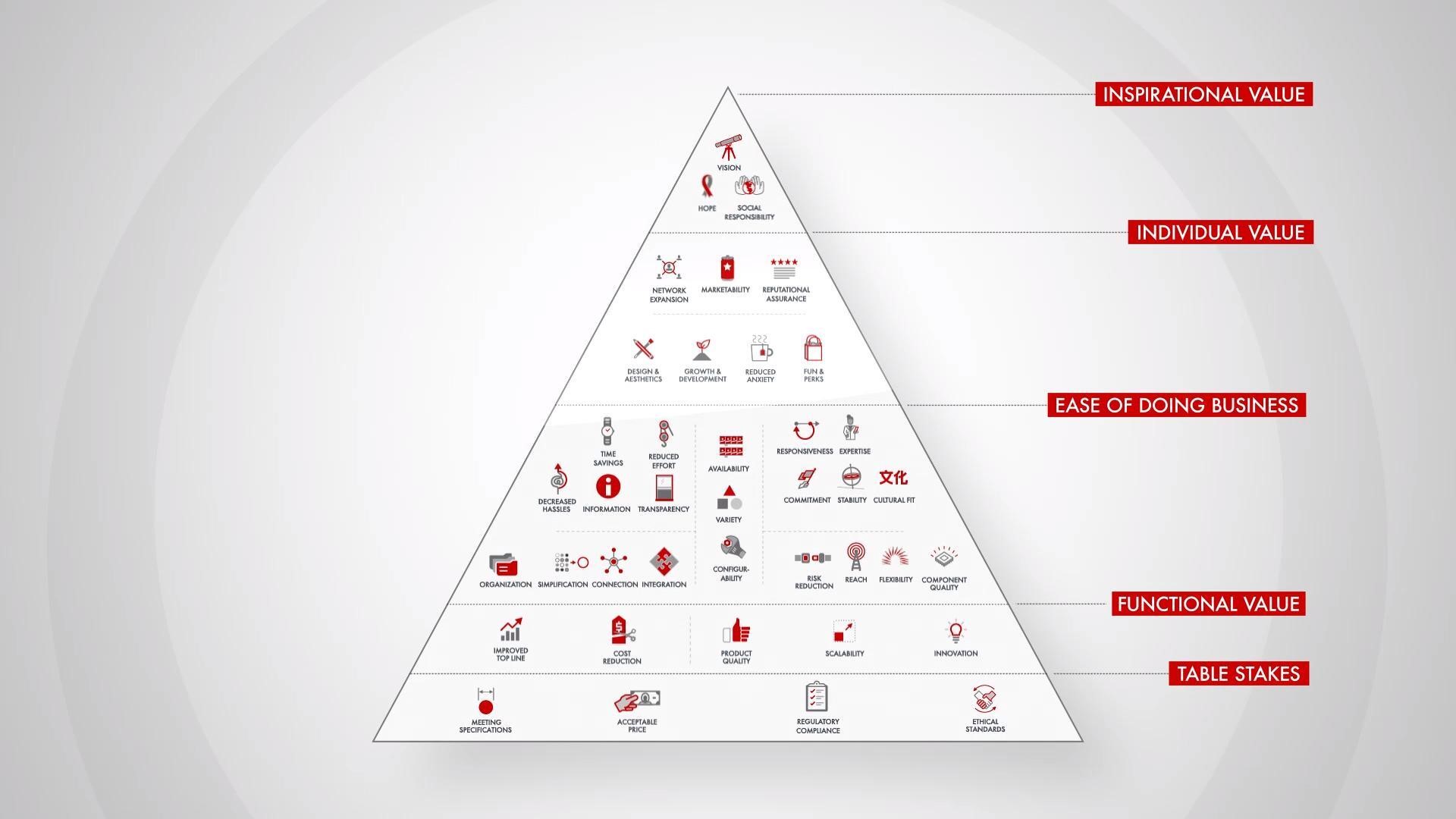
Bain’s Elements of Value Framework
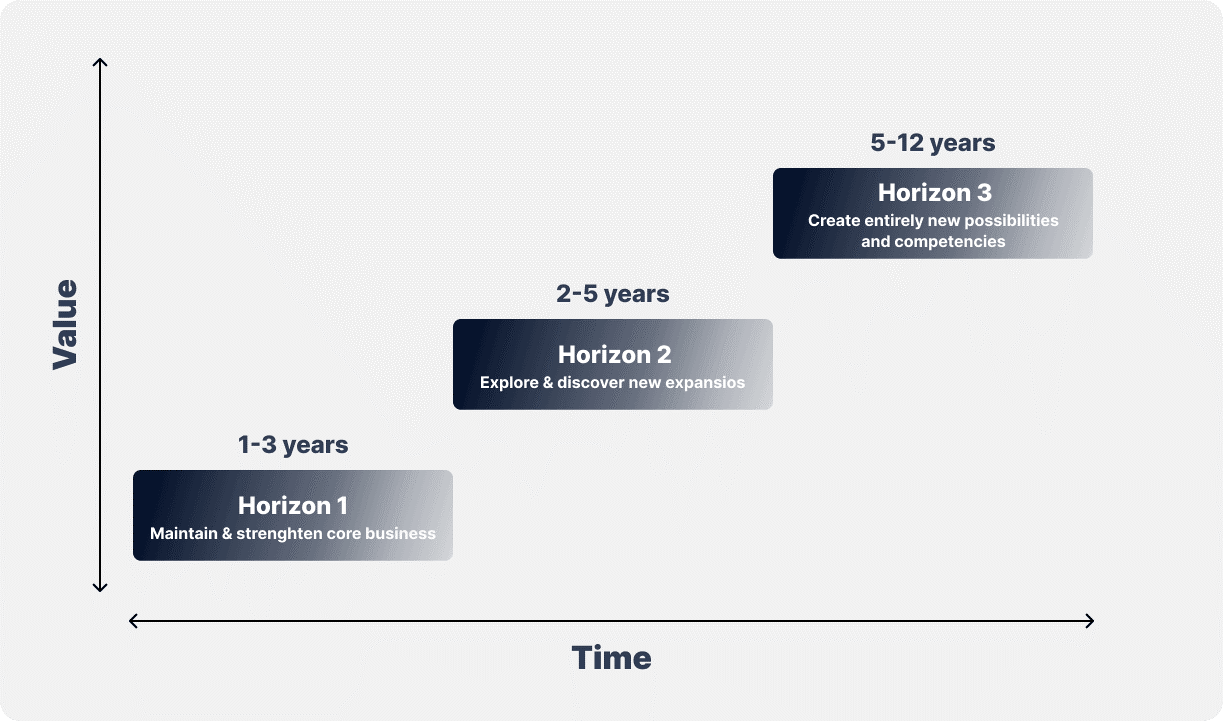
McKinsey Growth Pyramid
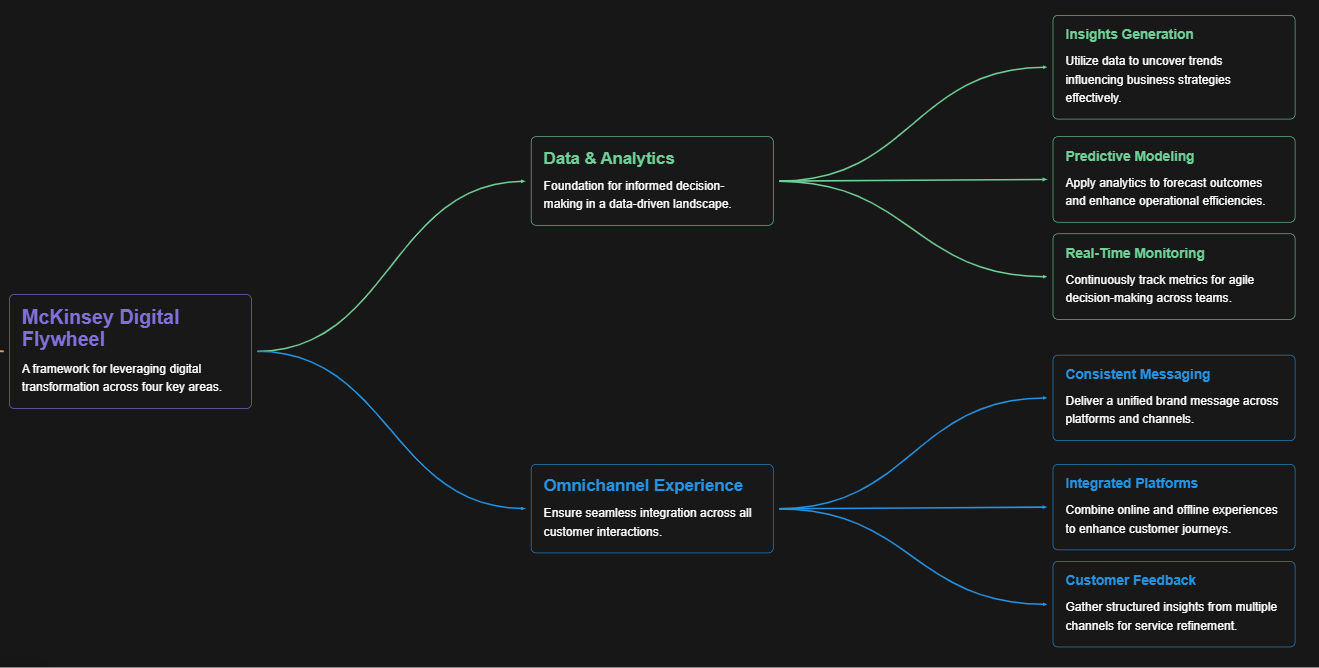
McKinsey Digital Flywheel
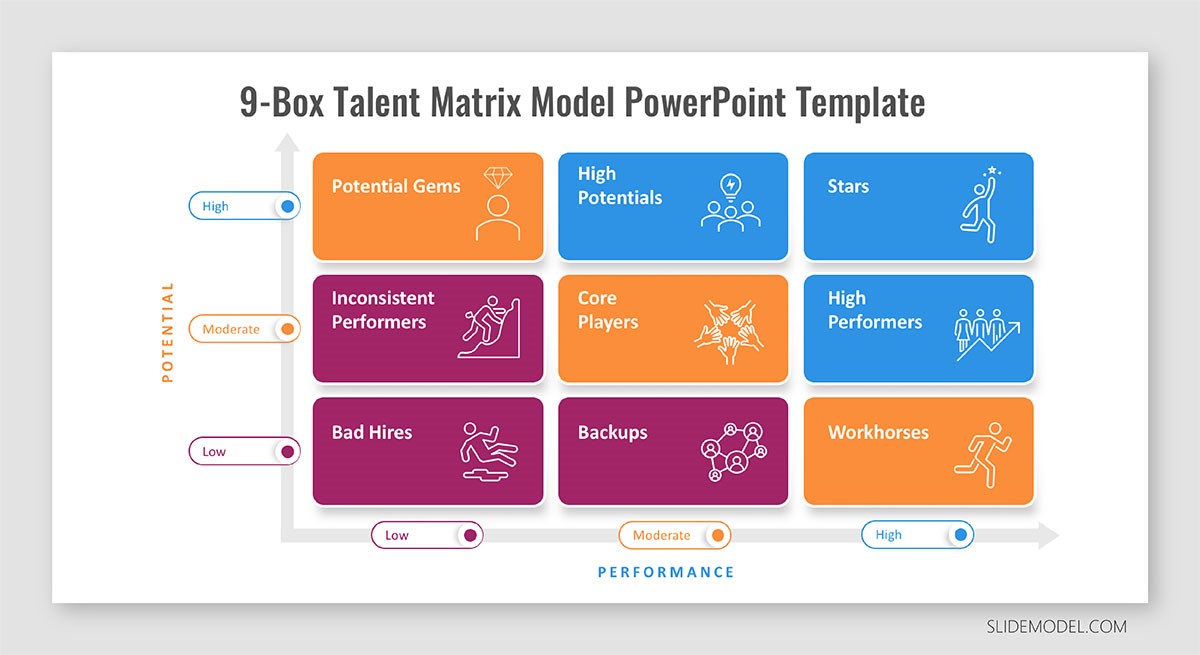
McKinsey 9-Box Talent Matrix
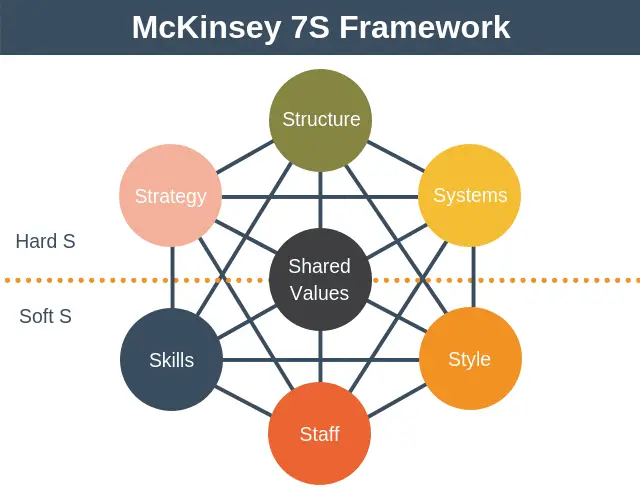
McKinsey 7S Framework
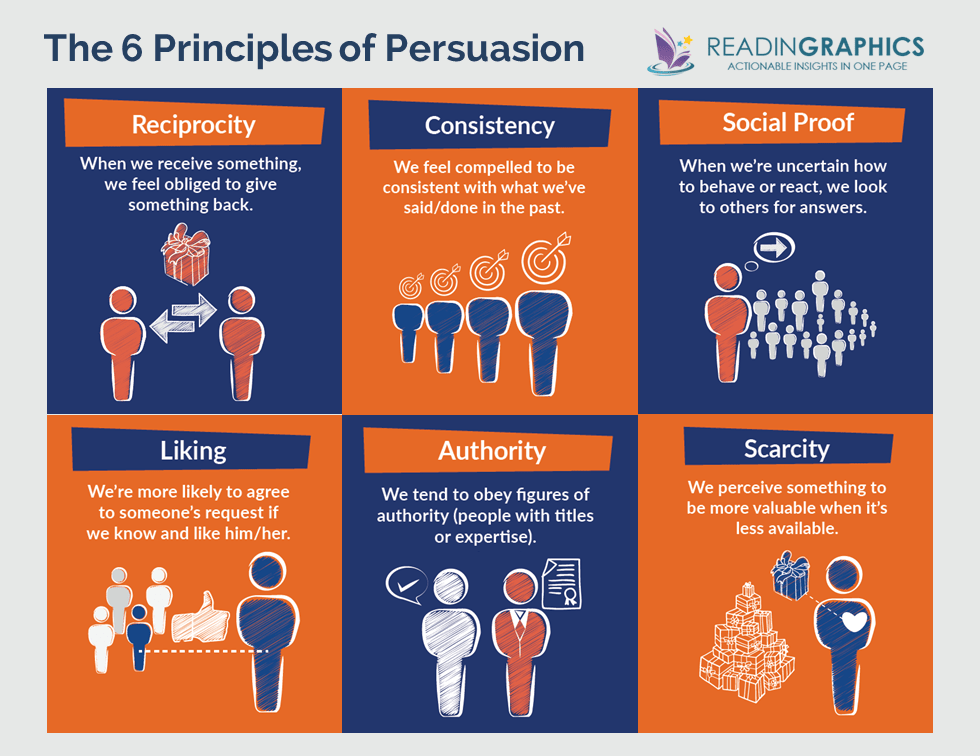
The Psychology of Persuasion in Marketing
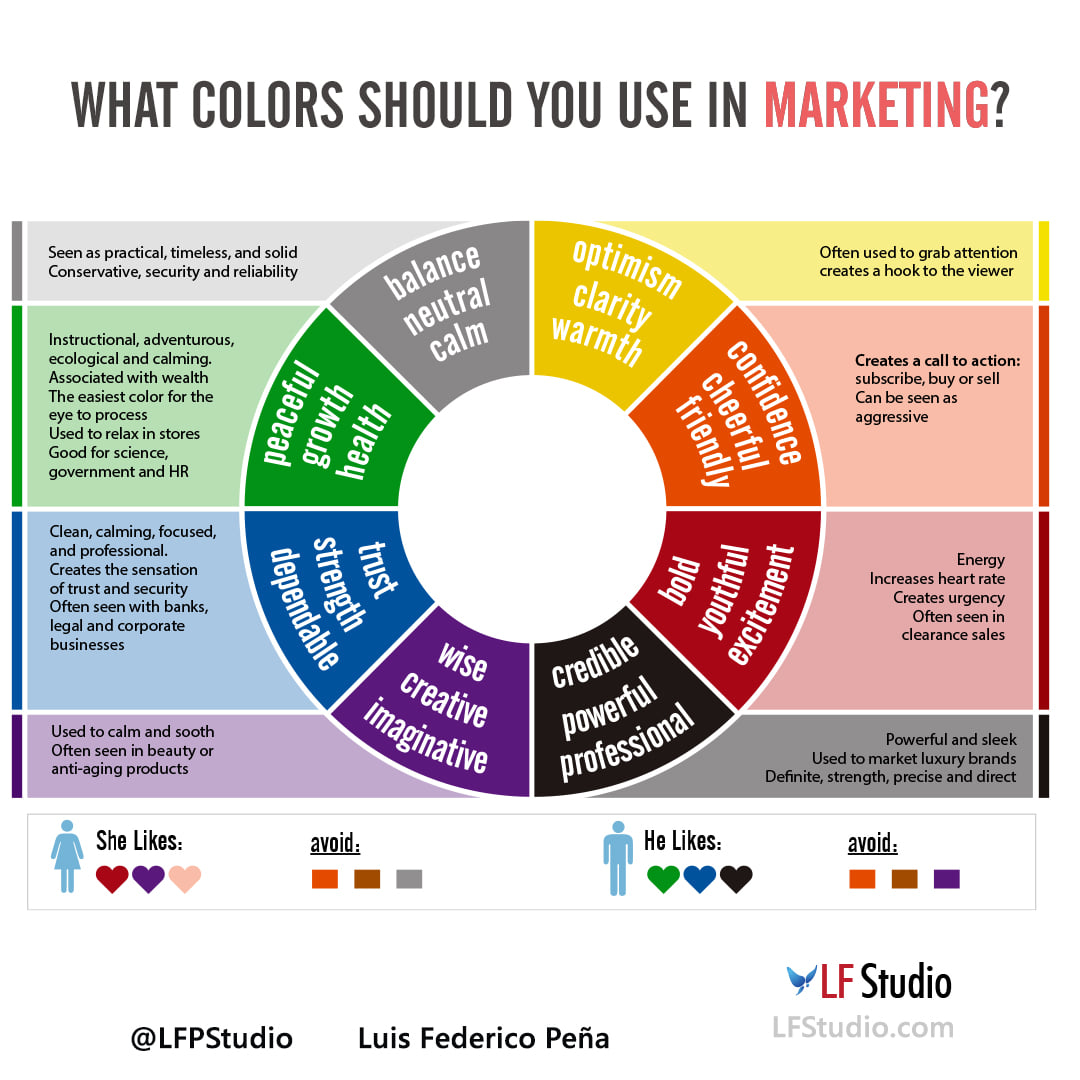
The Influence of Colors on Branding and Marketing Psychology








